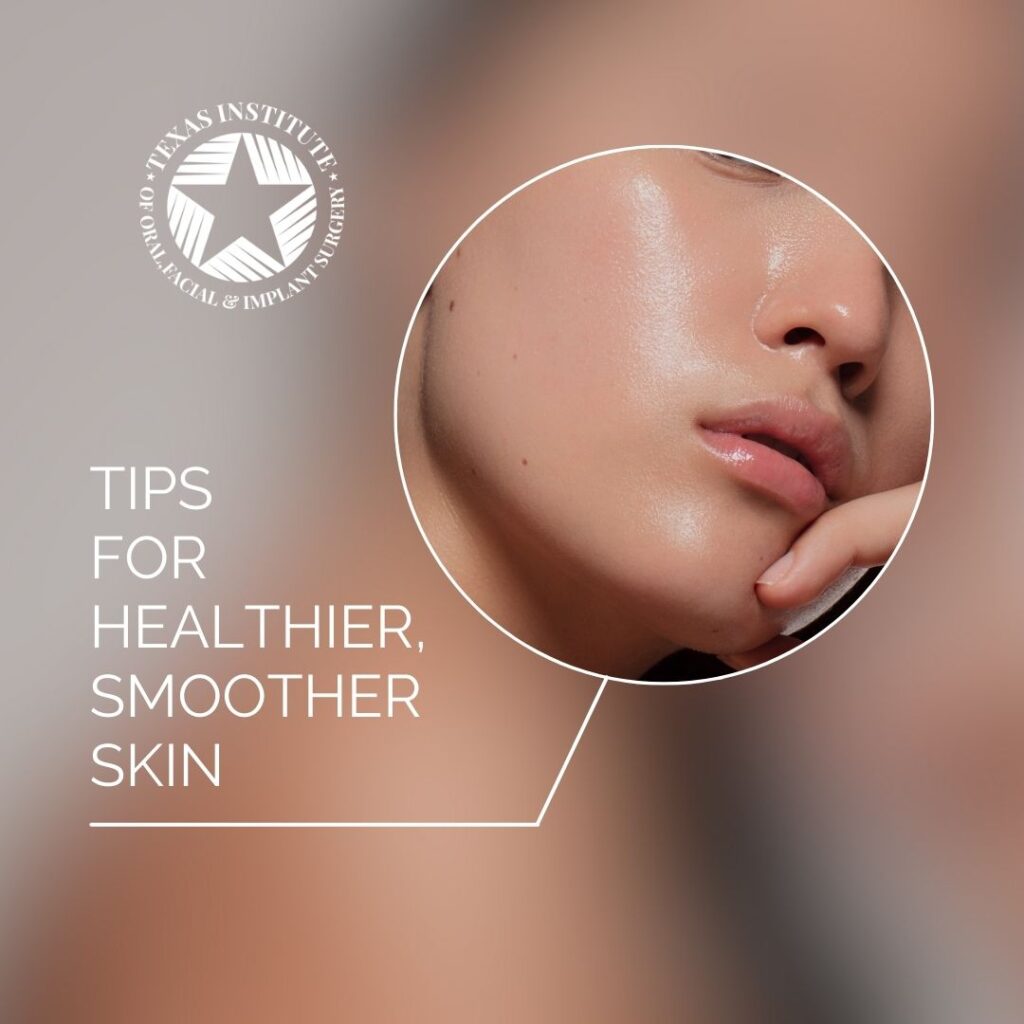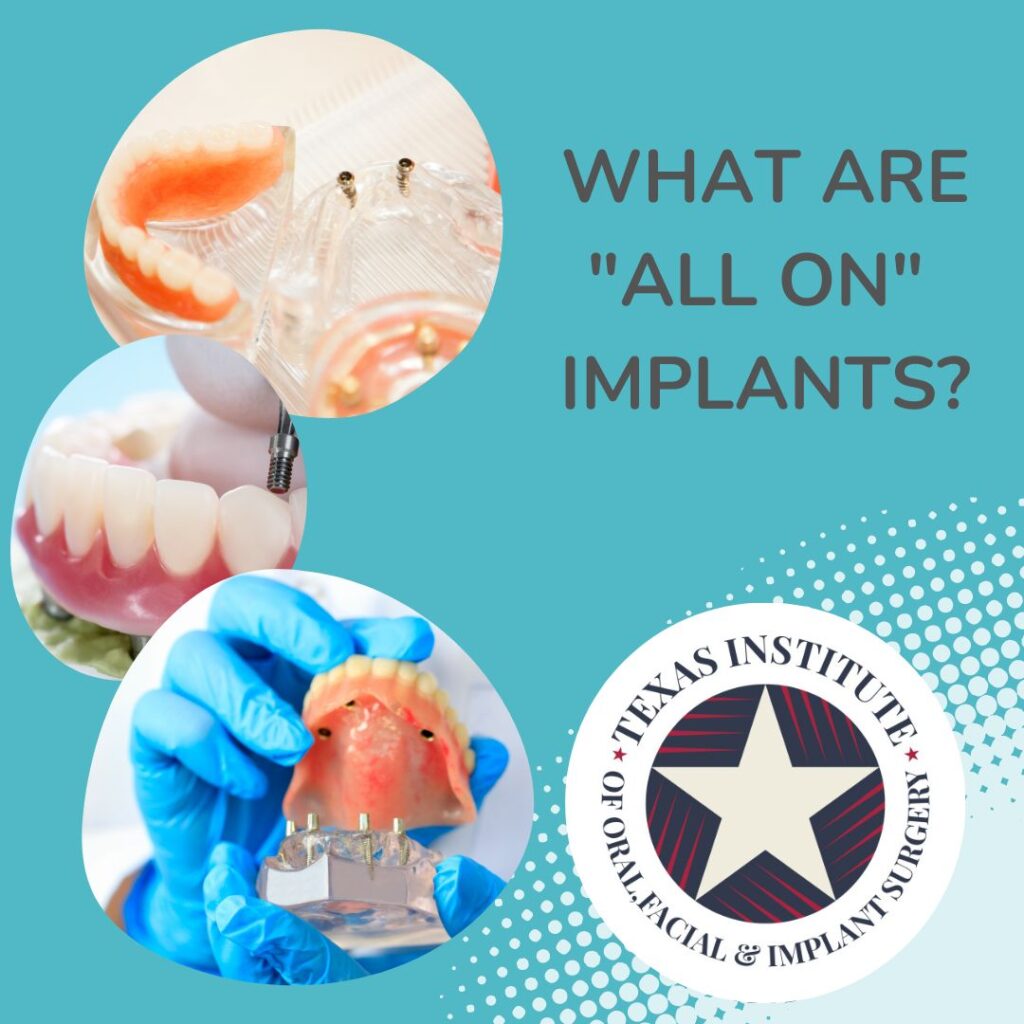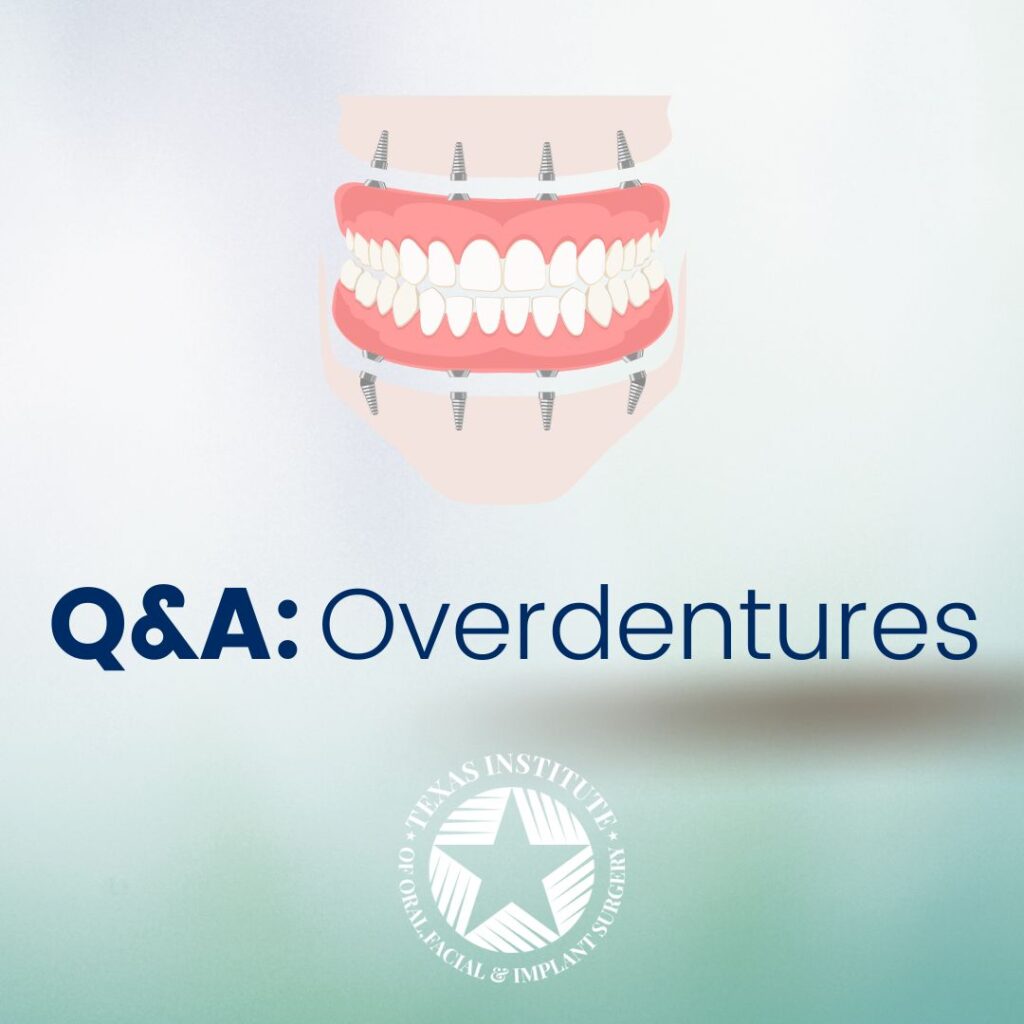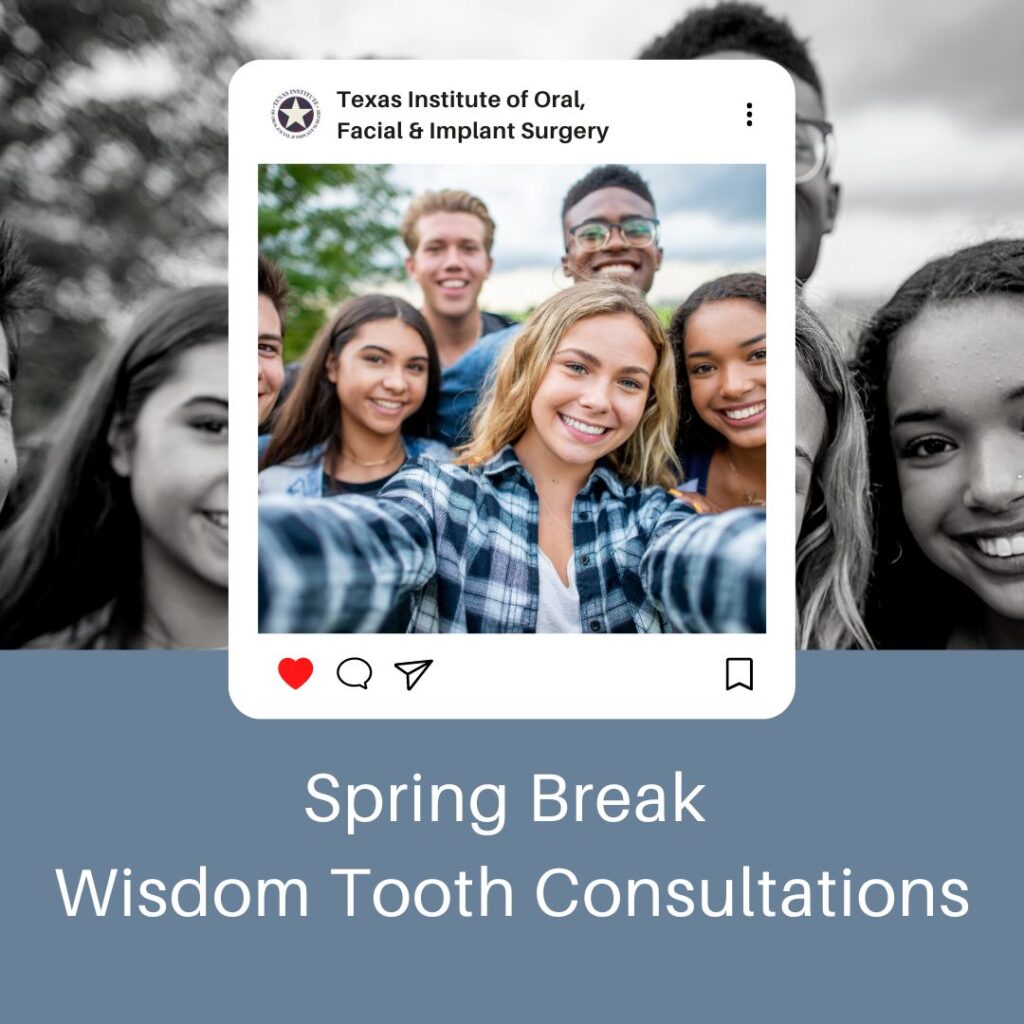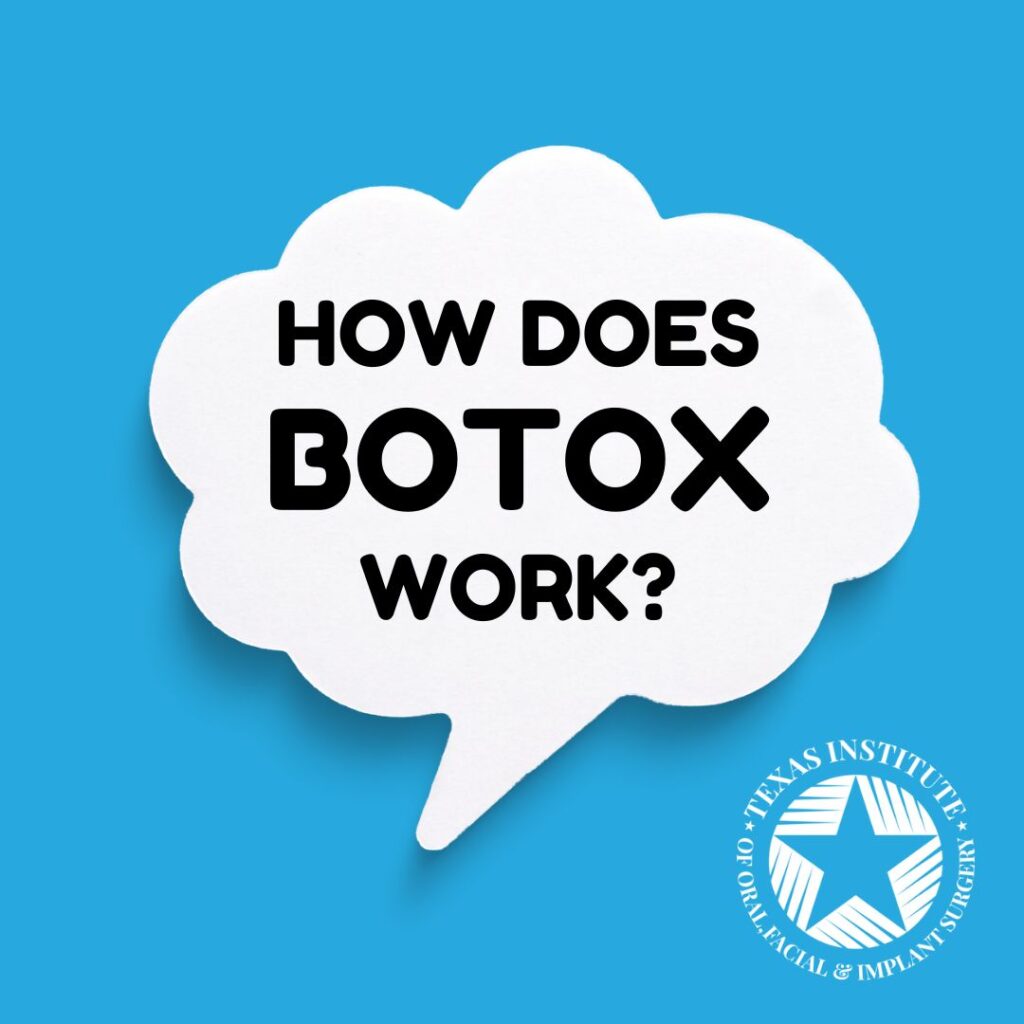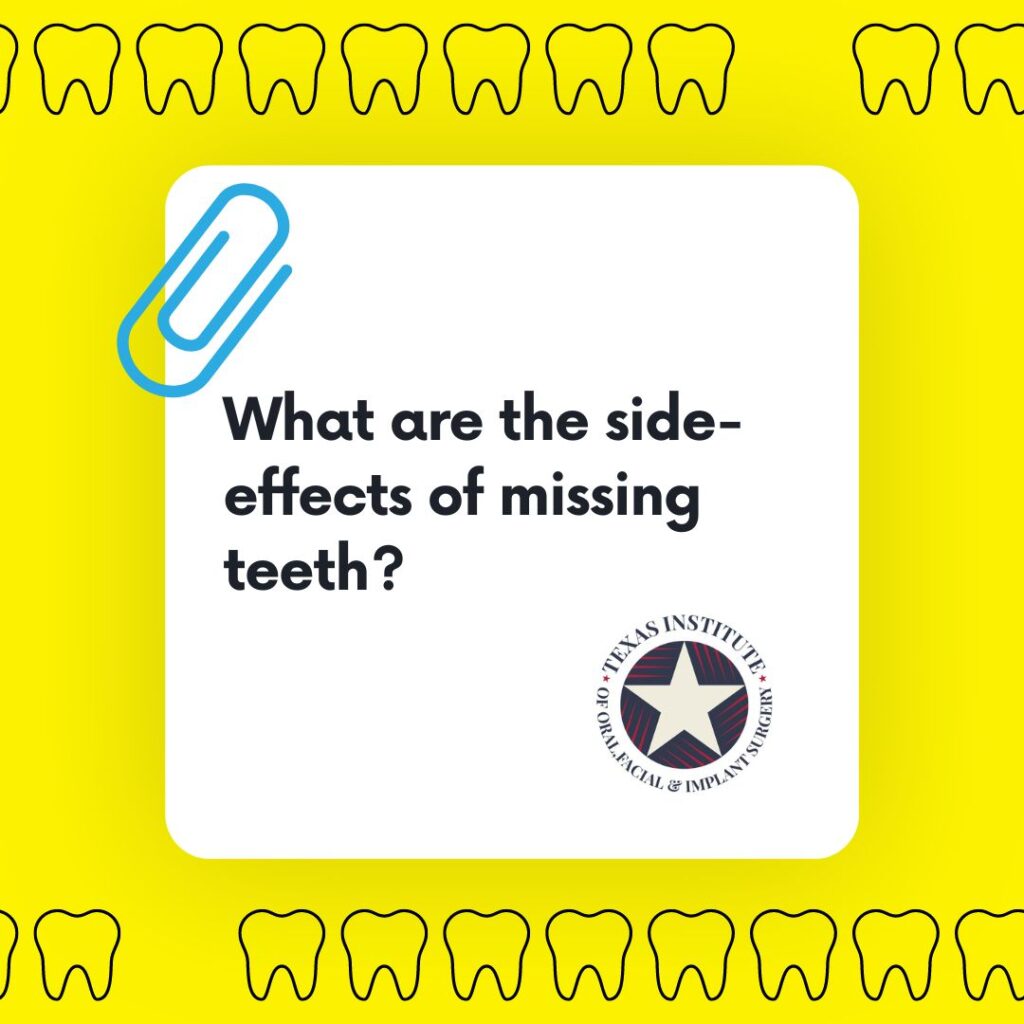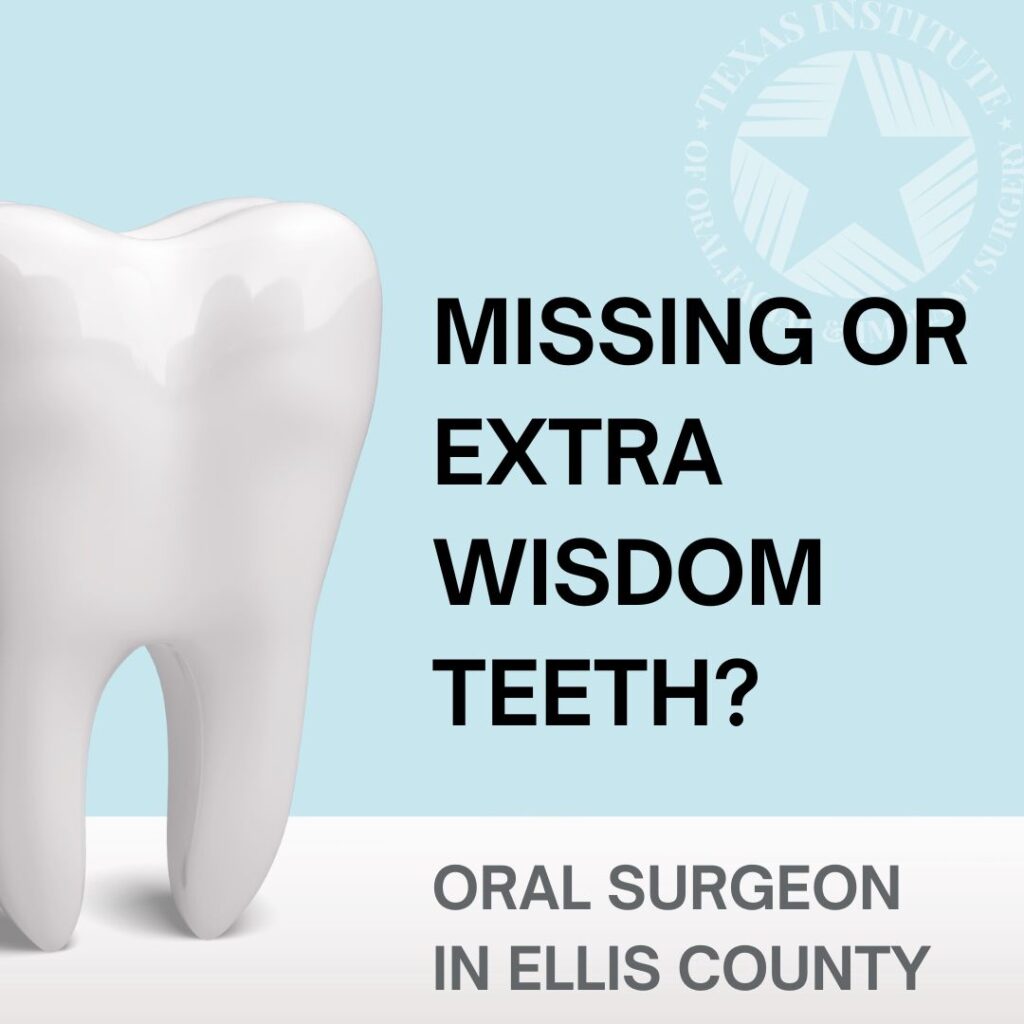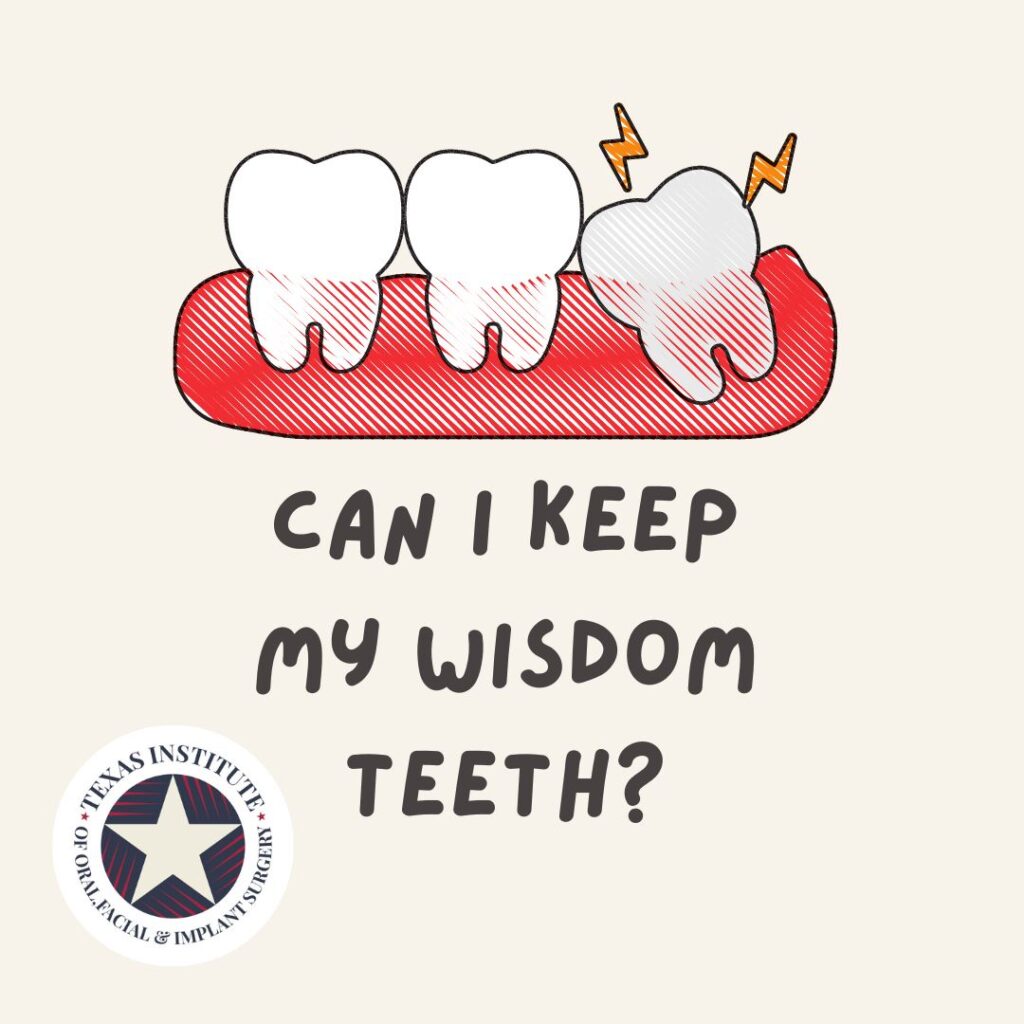
Wisdom teeth, also known as third molars, are the last teeth to develop and usually appear in your late teens or early twenties. While some people have no problems with their wisdom teeth, others may experience pain, infections, and other issues that require removal. But the fact remains that some people never have issues with their wisdom teeth or need to have them removed at all!
Here are some situations where you might be able to keep your wisdom teeth:
If Your Wisdom Teeth are Fully Erupted (Not Partially)
If your wisdom teeth have fully erupted, they may not need to be removed. Fully erupted wisdom teeth can function like any other teeth as long as there’s plenty of room for them in your mouth.
If You Can Brush and Floss Around Your Wisdom Teeth
If you can brush and floss around your wisdom teeth without difficulty, they may not need to be removed. Proper oral hygiene is essential for maintaining healthy teeth and gums, and if you can keep your wisdom teeth clean, they may never get infected.
If You Don’t Have Tooth Decay or Periodontitis Around Them
Healthy wisdom teeth with plenty of room may never cause any problems. However, it’s important to note that decay and gum disease can develop around wisdom teeth, just like any other teeth. Regular dental checkups and cleanings can help to detect and treat any problems early. If you have difficulty keeping your teeth clean, they’ll be more likely to get infected.
If You Know When to Remove Your Wisdom Teeth
In some cases, it may be better to remove your wisdom teeth before they cause problems or when symptoms are just beginning. This is especially true if your wisdom teeth are impacted or are likely to cause crowding or other issues with your other teeth. Our oral surgeon can help you determine the best time to remove your wisdom teeth based on your individual needs and circumstances.
Schedule a Consultation With Our Oral Surgeon
If you’re unsure whether you should keep or remove your wisdom teeth, it’s important to schedule a consultation with our wisdom tooth specialist. The team at Texas Institute of Oral, Facial & Implant Surgery in Midlothian, TX, has years of experience evaluating and treating patients with wisdom teeth issues.
During your consultation, our oral surgeon will examine your teeth and oral anatomy, review your medical history, and take digital scans or X-rays as needed. Based on this information, we can help you make an informed decision about whether to keep or remove your wisdom teeth.
Whether you can keep your wisdom teeth depends on several factors, including their alignment, hygiene, and overall oral health. If you’re unsure whether your wisdom teeth need to be removed or if you can take a “watch and wait” approach, schedule a consultation with our oral surgeon at Texas Institute of Oral, Facial & Implant Surgery in Midlothian, TX. We’ll help you make an informed decision about your smile’s health!




